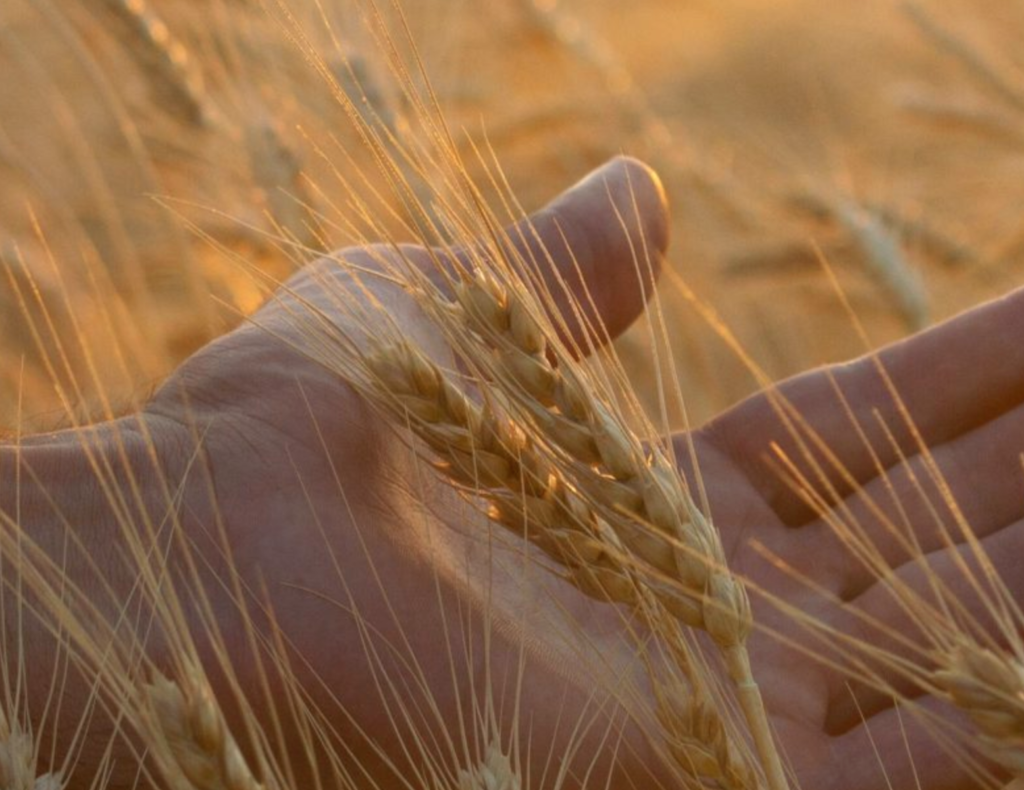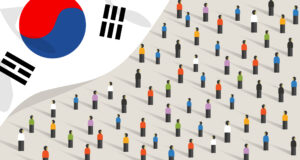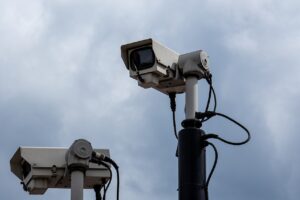For the Democratic People’s Republic of Korea (DPPK) — where 10 million people are already considered food insecure — the coronavirus pandemic has exacerbated the pre-existing food shortage that has continued since the devastating typhoons (and consequent crop failure) that hit the country last year. With border closures that caused an 80% loss of trade with China (trade with China makes up 90% of the DPRK’s foreign trade), North Korea’s national economy continues to shrink from its 8.5% loss in 2020.
In June, the Food and Agriculture Organization reported that North Korea “could experience a harsh lean period” with a shortage of around 860,000 tons of grain for its citizens. In fact, in a rare instance, a pro-DPRK newspaper reported that a separate agenda for addressing the “Immediate Food Crisis” was discussed during the Third Plenary Meeting of the Eighth Workers’ Party of Korea in June, while North Korean leader Kim Jong Un acknowledged that the food situation was “getting tense.”
Nonetheless, aid to the country is yet to be delivered.
Read the full op-ed in Inkstick
Joanne Seoyoung Lee is a senior at Cornell University who was previously a research intern at Stimson Center’s 38 North Program. She also leads the bilingual youth nonprofit, Passionfruit.




